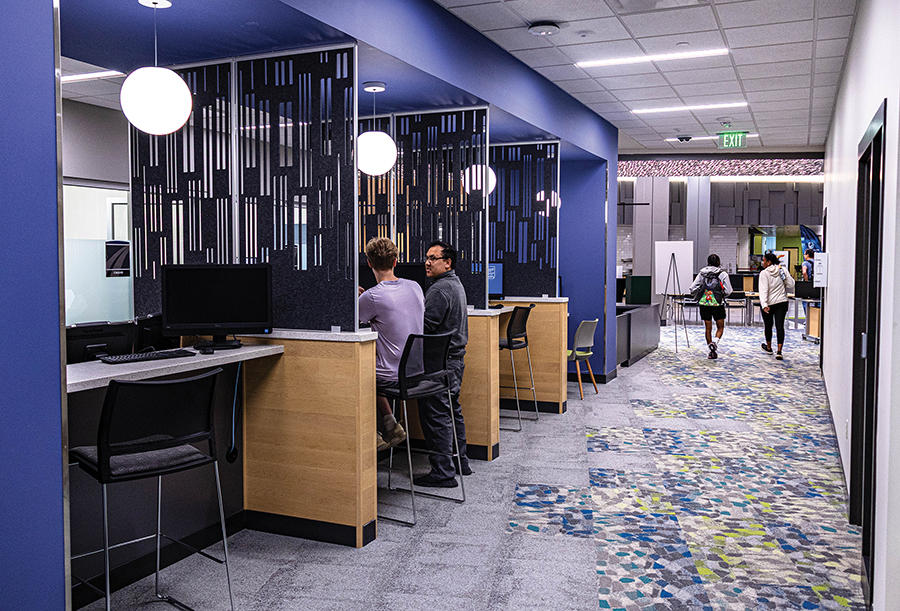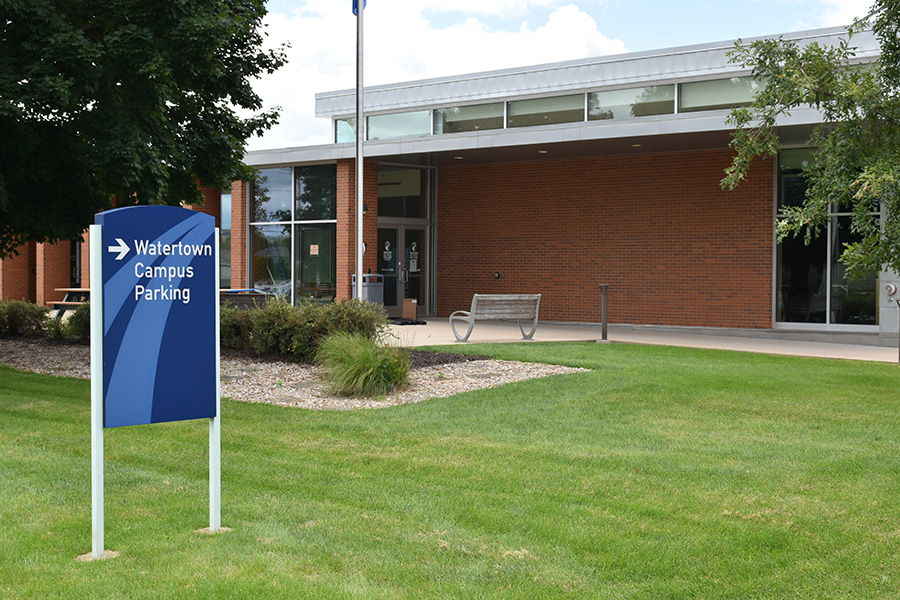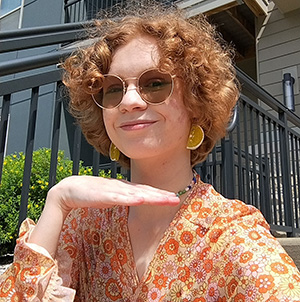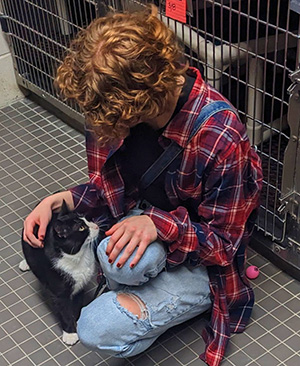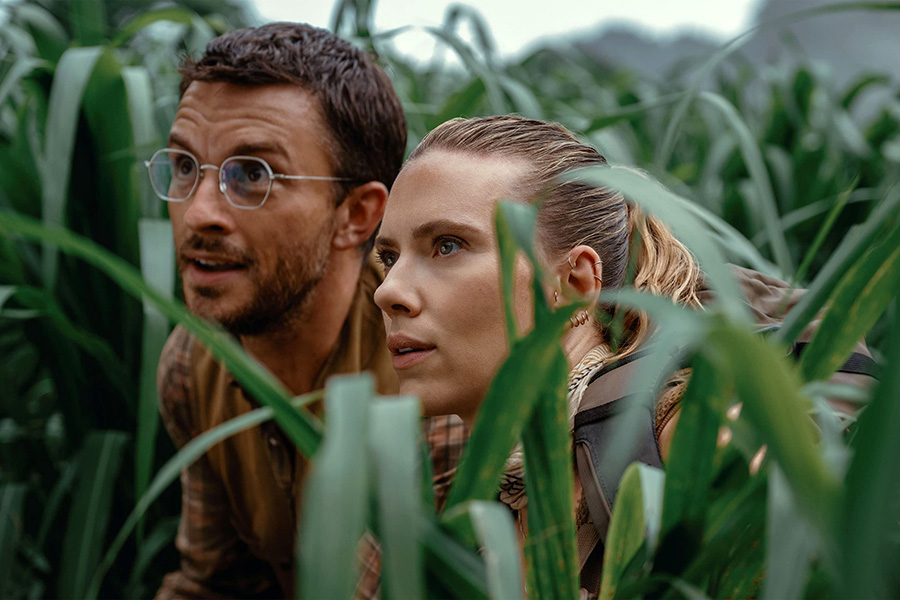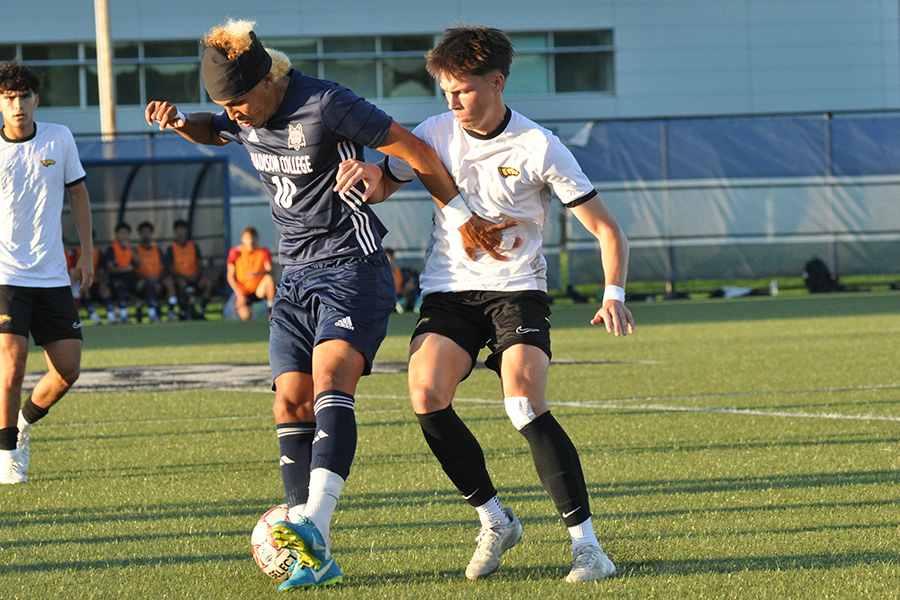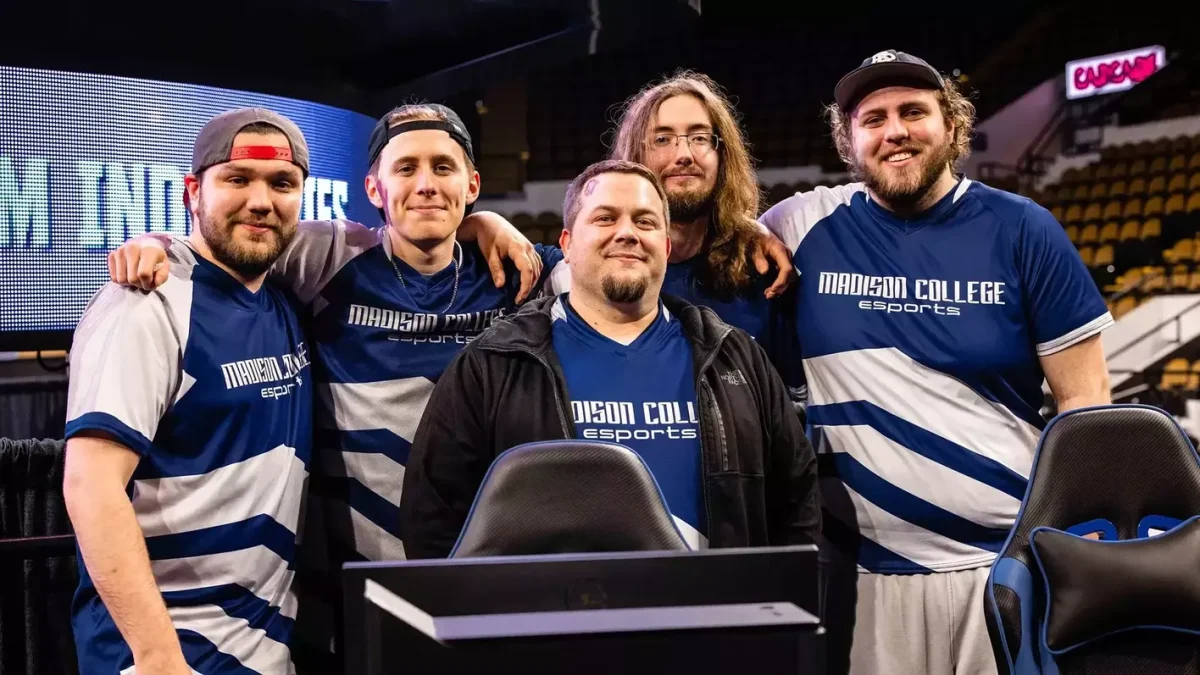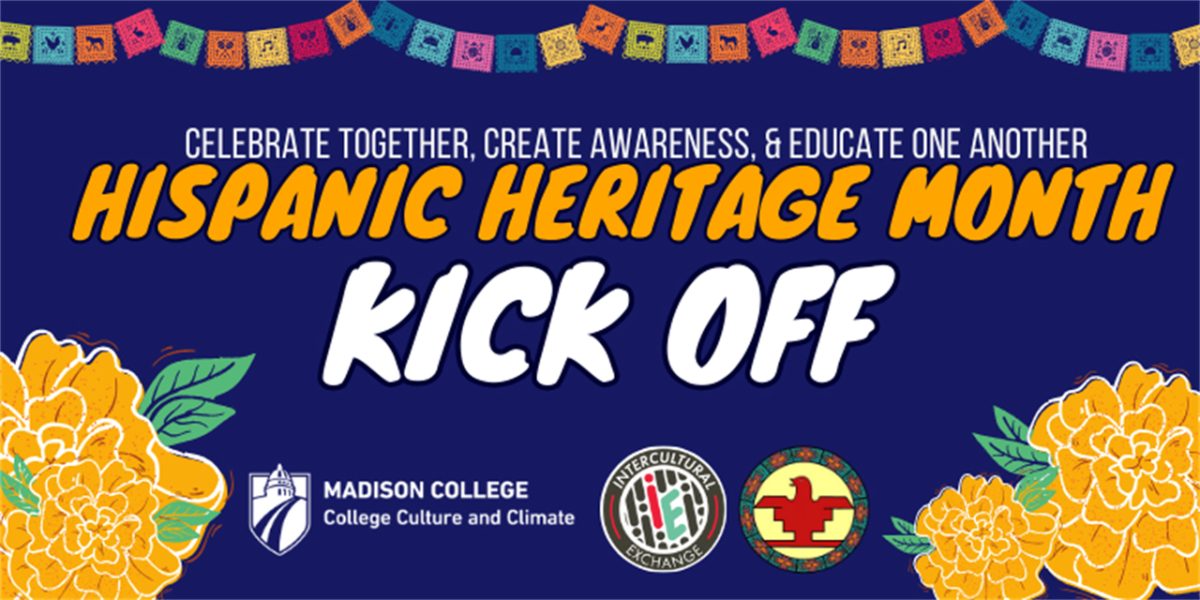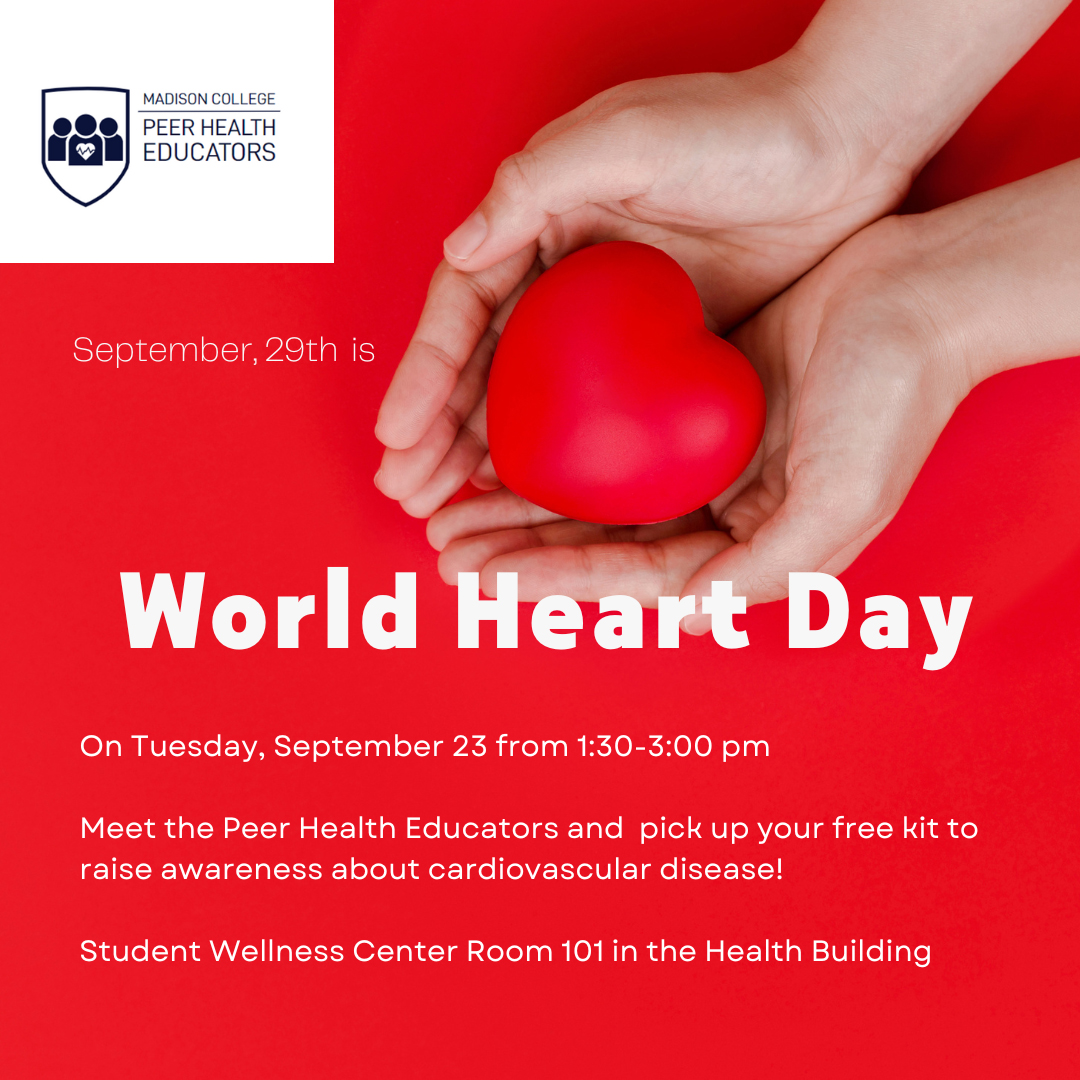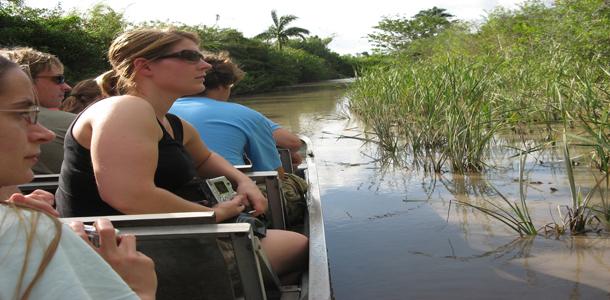Volunteering and helping those in need have always been key objectives in each alternative break trip in the past at the college. This year is no different.
From Jan. 9-16, selected students will work together on environmental restoration at Everglades National Park in Florida. Another group of students will be working with a family from New Orleans, whose home was destroyed by Hurricane Katrina.
The participating students go through an application process complete with a short interview to ensure students are signing up for the trip for the right reasons.
Students typically work with hunger, homelessness, infant mortality, poverty, senior citizen assistance, environmental, national disaster, student drop out or HIV/AIDS issues.
Through these trips, students end up learning more about themselves while also learning about another part of the country, said Jackie Dahlke, Student Life coordinator, who helps coordinate this program.
The goal of these trips has two parts. These trips allow students to do something good for those in need,
and to provide students with learning experiences about themselves and hardships that others are going through.
“I think on all of these trips, there’s an opportunity for people to be profoundly changed by their understanding,” Dahlke said.
During a previous alternative break trip, a couple that enjoyed working with various college teams worked with Dahlke and students from Madison Area Technical College. This couple was able to educate Madison College students on the Everglades’ history and ecology.
They also took students on hikes that gave students the opportunity to see more than they originally planned.
“There are a lot of things that aren’t scripted about these trips that end up being the best memories for students,” Dahlke said.
Dahlke also shared that agencies and organizations are always eager to work with students from Madison College repeatedly.
Some service trips through Madison College have been as short as four days. Dahlke feels that a week is best because it gives them a chance to get settled in before going straight to work. The goal for a weeklong trip is to spend 35-40 hours at work.
Typically, the groups range from seven-14 students. Dahlke prefers having larger groups because then it is more likely for students to connect with at least one other person. She enjoys the diversity usually found in a larger group.
These service trips can and do revisit locations several times in order to develop patterns, establish connections with agencies and find safe lodging for students.
In many cases, students have an input on the next destination for the service trips. Dahlke said that when students go back to Florida they are able to see the progress that students before them made, which can be motivating.
In Dahlke’s opinion, the overall goal of these trips is to have an impact on making the world a better place.
Student Life and the Volunteer Center began organizing service trips for students approximately 10 years ago. These trips occur over winter break, spring break or in May after the spring term has ended. Places visited in the past include Arkansas, Florida, Louisiana, Michigan, Mississippi, New York, Pennsylvania, North and South Dakota, Washington D.C. and West Virginia.


